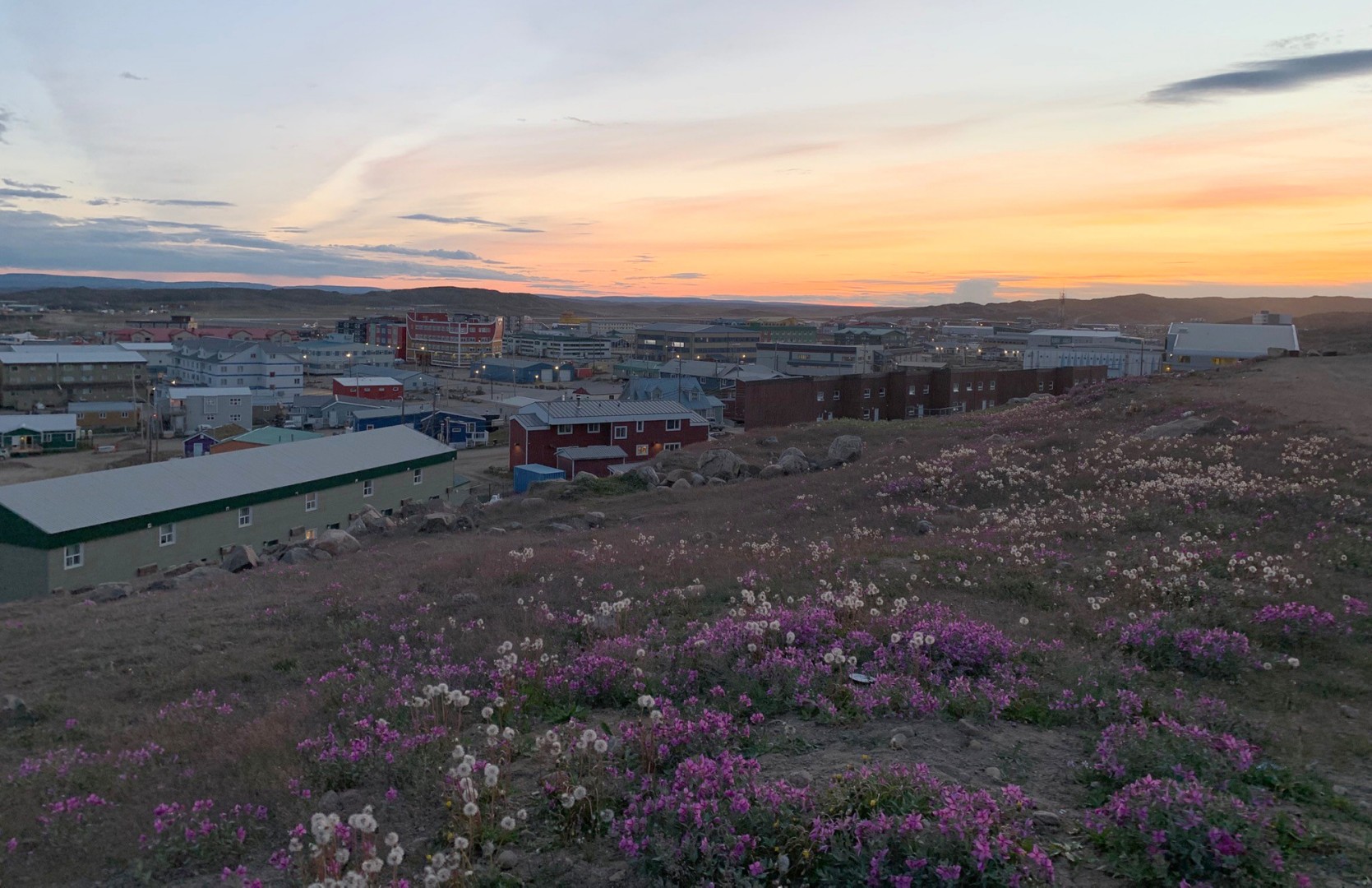
Video discussing Alberta independence misleads on transition for Nunavut
- Published on November 14, 2025 at 23:10
- 3 min read
- By Gwen Roley, AFP Canada
The Canadian territory of Nunavut is working to take over management of its lands and resources from the federal government -- a years-long process known as devolution. It is not seeking independence and, despite claims on social media, the negotiations are entirely different from the referendum victory required to achieve separation which has seen renewed interest from some in Alberta province.
"Nunavut and Alberta officially made a major announcement sending Canada into panic mode which may redraw the maps!" exclaims the caption of a November 9, 2025 X video.
The clip compiles what appears to be TV news reports discussing Nunavut's devolution alongside footage of podcasters having a conversation on independence for Alberta province.
Different versions of the claim that the territory and province made some sort of separation announcement also spread in English and French posts on Facebook, sometimes invoking the idea of becoming a part of the United States.

US President Donald Trump has repeatedly implied Canada could become the 51st American state since taking office, straining relations with his northern neighbor.
While some Canadians have reacted by abstaining from US products and travel, tensions have also reignited a simmering, fringe movement aimed at achieving Albertan independence.
This renewed interest in separation from Canada has already led to false claims about a potential referendum and the posts about Nunavut and Alberta are similarly misleading.
The footage accompanying the claims appears to be a stitch of a recent pro-Alberta independence podcast episode and Canadian Broadcasting Corporation reporting on the 2024 announcement that the resource-rich and predominantly Inuit territory of Nunavut would be devolving in 2027 (archived here and here).
But, Gary Wilson, a professor of political science at the University of Northern British Columbia (archived here), told AFP in a November 13, 2025 interview the idea that devolution was the same as separation "couldn't be further from the truth."
Since Nunavut was established as a territory in 1999, the federal Canadian government has overseen almost all of the northern territory's lands and programs, such as health and education (archived here).
With devolution, this management would pass to the Nunavut, giving its people more sovereignty and control over the the area's bountiful resources (archived here).
Canada's two other territories, Yukon and the Northwest Territories, already devolved from the federal government (archived here and here).
Devolution essentially makes territories "proto-provinces," Wilson said, but a territory could not become a province without changing the Canadian constitution (archived here).
Separation process
Alberta -- along with francophone Quebec -- saw renewed interest in independence this year, but Wilson said a declaration of separation does not suffice for a province to leave Canada.
A separation question would have to put through a vote, as was historically attempted twice without success in Quebec in 1980 and 1995 (archived here and here).
If independence won a clear majority, separation would still have to be negotiated between the federal government and Indigenous communities, while recognition of sovereignty by foreign nations could also be a requirement.
When AFP debunked previous claims of an impending Alberta separation, the province's election agency said a petition would have to be approved and receive a certain number of signatures before an independence question would go to a vote.
A petition question for Albertan independence has been submitted for judicial review but has yet to begin collecting signatures, according to the Elections Alberta website (archived here).
The montage misrepresenting the situation in Nunavut and Alberta was originally shared to YouTube by the channel "Canadian Reporter" which has posted numerous other videos bearing AI thumbnails and discussing a sensationalized version of Canadian politics. The channel appears to be part of a group spreading "spam" videos to possibly generate cash through clicks, as recently investigated by the Canadian Press.
Read more of AFP's reporting on misinformation in Canada here.
Copyright © AFP 2017-2026. Any commercial use of this content requires a subscription. Click here to find out more.
Is there content that you would like AFP to fact-check? Get in touch.
Contact us
